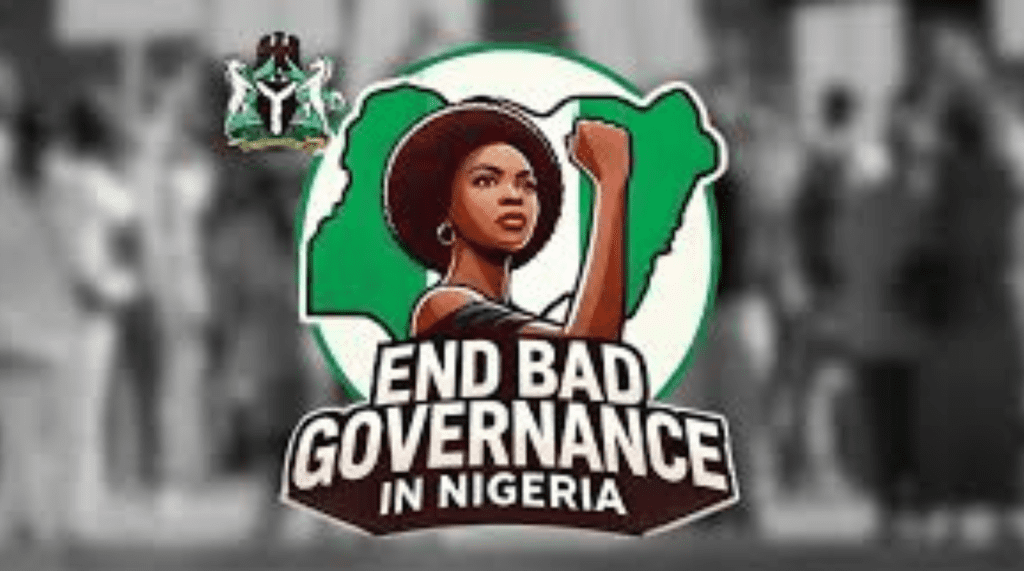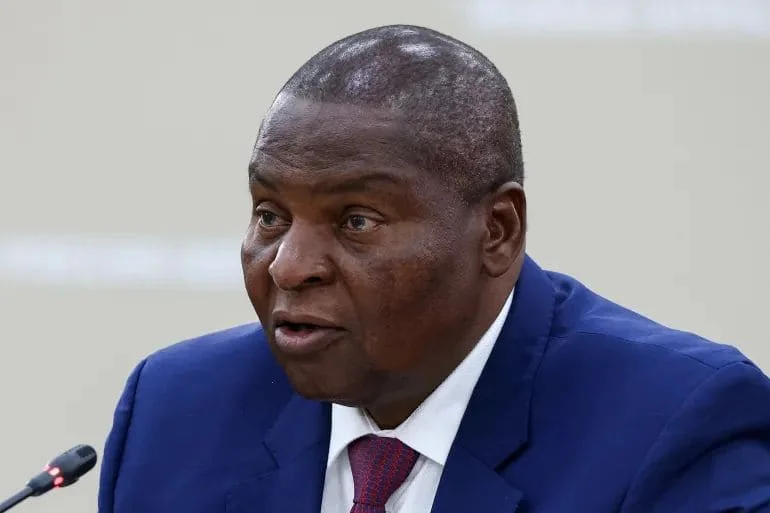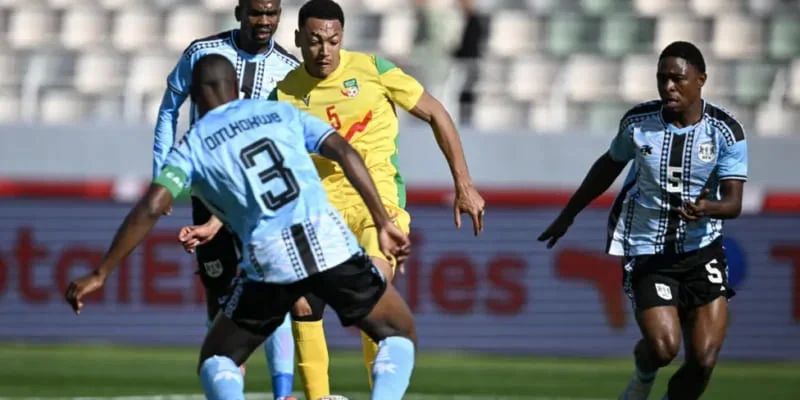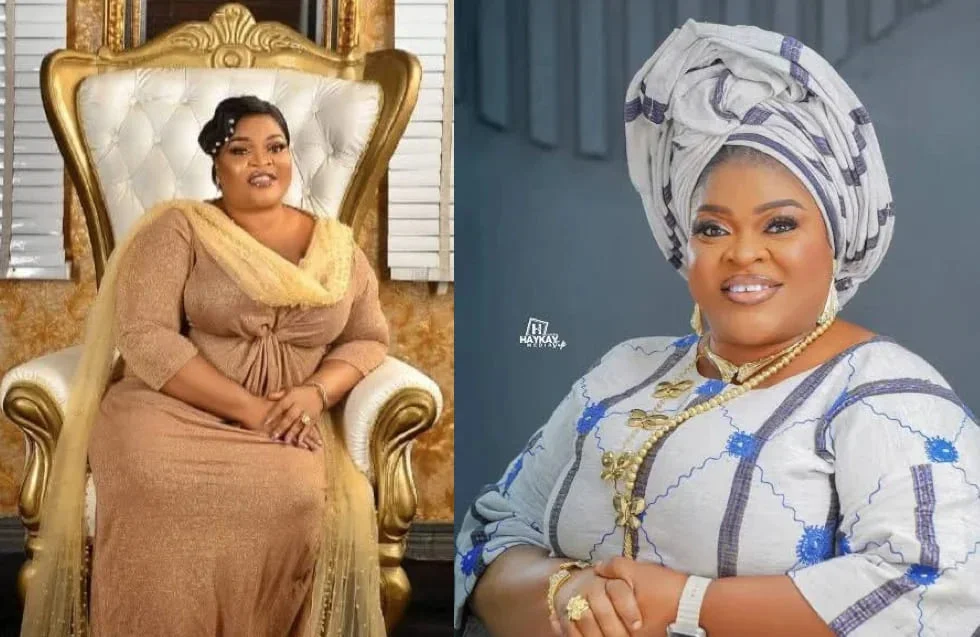The detention and trial of minors arrested during the recent #EndBadGovernance protests have sparked an outcry across Nigeria, with northern governors, rights groups, and citizens condemning the police’s actions and calling for the immediate release of the detained children. The protests, driven by frustrations over governance and socioeconomic hardship, saw many young Nigerians taking to the streets, demanding systemic change.
Prominent groups, including the Arewa Consultative Forum (ACF), the Northern Governors Forum (NGF), and several human rights organizations, have weighed in, urging authorities to prioritize the welfare of the detained minors. “It is a serious concern that children, who were simply voicing their frustration, are now facing criminal charges,” remarked an ACF spokesperson. “We are calling for their immediate release and a review of the circumstances that led to their arrest.”
Several human rights organizations, including the National Human Rights Commission (NHRC), Civil Society Legislative Advocacy Centre (CISLAC), and the Socio-Economic Rights and Accountability Project (SERAP), have condemned the arrest and prosecution of minors as a violation of international human rights laws. “The police’s treatment of these minors is unacceptable,” stated a representative from SERAP. “Nigeria must uphold its obligations under the Convention on the Rights of the Child, which prohibits arbitrary detention of minors.”
The groups have criticized the police for overstepping their authority and infringing on the minors’ rights to freedom of expression and peaceful protest. They argue that instead of criminalizing young protesters, authorities should address the grievances that fueled the demonstrations. “These children are protesting for a better Nigeria. It is counterproductive to arrest and trial them for expressing a desire for improved governance,” CISLAC’s executive director added.
In response to the growing public criticism, the Minister of Justice assured Nigerians that the detained minors would receive a fair judicial process. “We are committed to protecting the rights of these children throughout the legal process,” the minister said. “We will ensure that justice is served and that the rights of the detainees are fully respected.” The minister also stated that the government is reviewing the minors’ cases to determine the best course of action that aligns with Nigeria’s commitment to upholding human right.
The public response to the detention of the minors has been one of widespread indignation, with Nigerians expressing support for the detained children and condemning police actions as excessive. Prominent social activist and executive director of CHRICED, Ibrahim Zikirullahi, expressed dismay over the government’s handling of the protests. “The state has a duty to protect its citizens, including young people who are advocating for their future,” Zikirullahi stated. “Arresting children for expressing concerns about governance is a misstep that we should correct swiftly.”
The outcry has also led to renewed calls for reform within Nigeria’s policing system, with citizens and activists urging authorities to adopt more sensitive and rights-based approaches in dealing with peaceful protests. The arrest of the minors highlights ongoing tensions between the government’s approach to governance and the demands of a frustrated populace eager for accountability and reform.
As discussions continue, Nigerians await the government’s next move, with many calling for the immediate release of the detained minors and assurances that their rights will not be further infringed.























